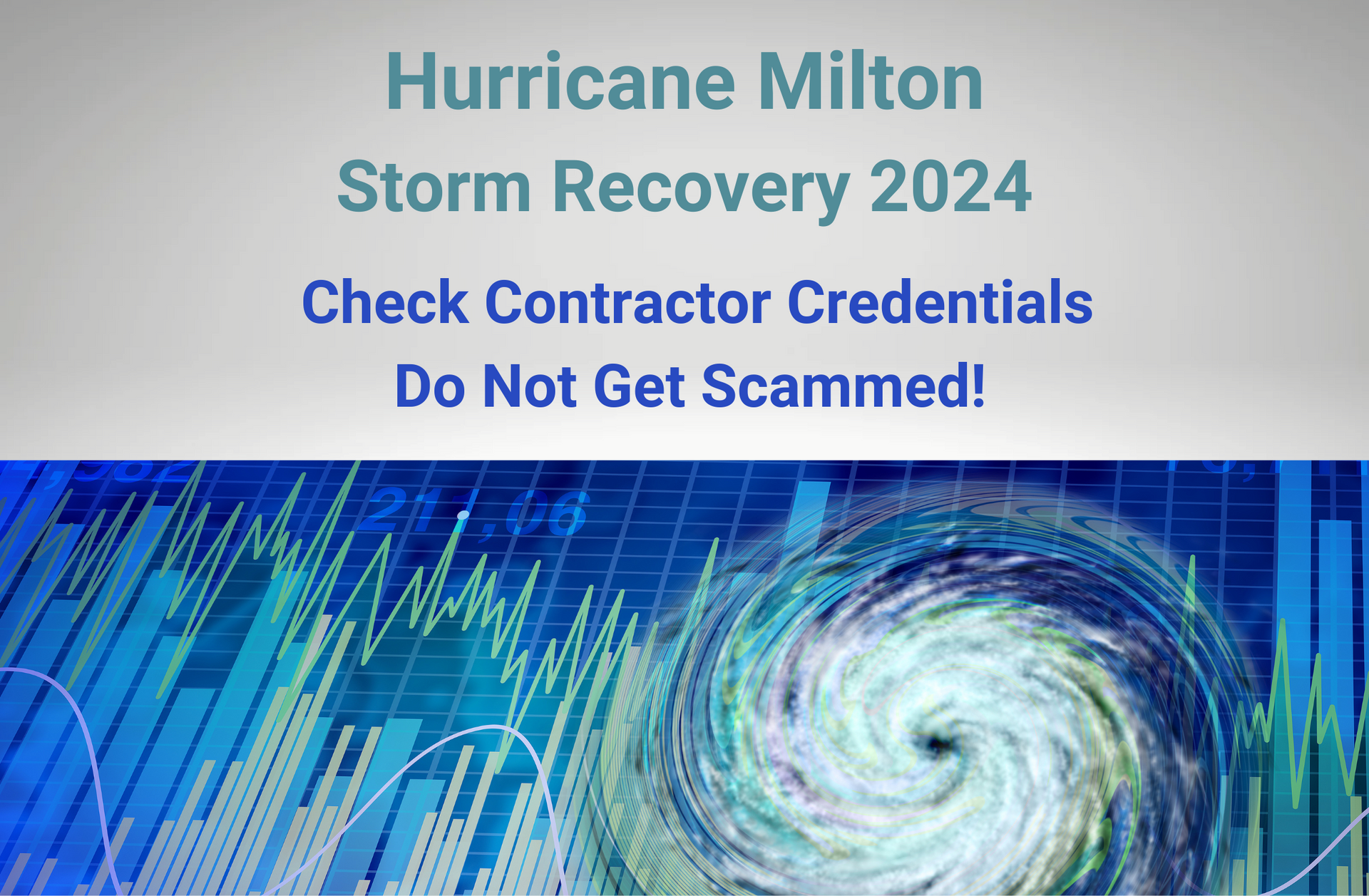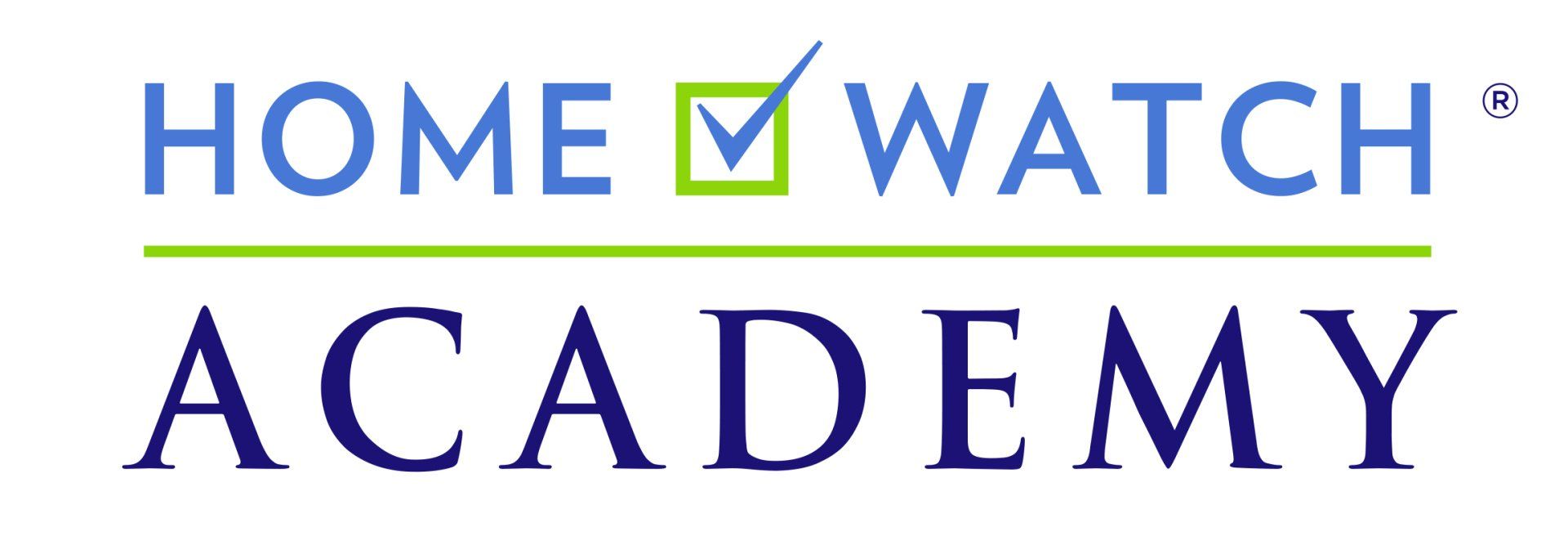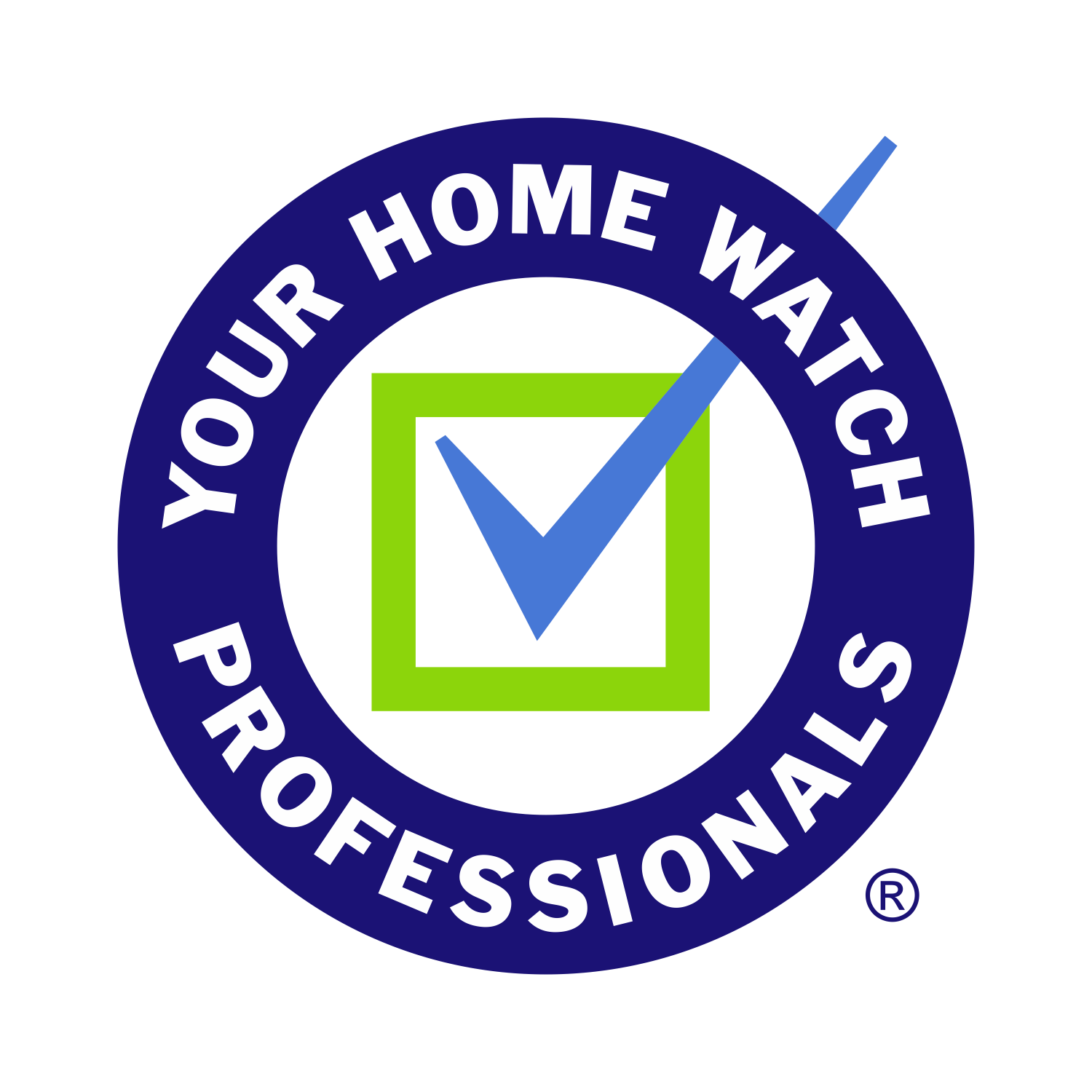Avoid Contractor SCAMS - Choose Reputable Professionals

How to Avoid Contractor Scams After Hurricane Milton and Choose Reputable Professionals
In the wake of Hurricane Milton, Florida homeowners face the challenge of hiring contractors for home repairs and improvements. Unfortunately, scammers often prey on those affected by disasters. Interview more than one contractor and trust your instincts. Here’s how you can avoid falling victim to a scam and ensure you're working with reputable professionals.
Step 1: Verify Contractor Licenses
The most important first step is to verify that a contractor is licensed and insured. Florida homeowners can use several methods:
Online Verification
- Florida Department of Business and Professional Regulation (DBPR) Website: Visit www.myfloridalicense.com to search for a contractor by name, license number, or city.
- The search results will provide essential information such as the contractor's name, profession, address, and license status.
Mobile App
- Download the DBPR Mobile app from iTunes or Google Play.
- Use the "Verify License By Name" or "Verify License By License Number" feature to confirm the contractor’s credentials.
Phone Verification
- Call the DBPR Customer Contact Center at (850) 487-1395 for assistance.
County-Specific Resources
- Some counties, like Collier County, offer additional verification tools. Visit www.colliergov.net to use their Business License Lookup or Contractor License Lookup tools.
Step 2: Recognize Common Scams
Disaster recovery often attracts scammers. Watch for these warning signs:
- Unsolicited Offers: Be cautious of contractors who approach you without being called, especially door-to-door sales.
- Pressure to Sign Immediately: Scammers often use high-pressure tactics, urging you to sign a contract on the spot for a "special discount."
- Full Upfront Payment Demands: Reputable contractors don’t ask for the entire payment upfront. Pay in installments as work progresses.
- Cash-Only or Unusual Payment Methods: Avoid contractors who insist on cash, wire transfers, or other untraceable payment methods.
- No Licensing or Insurance: If a contractor can't show proof of licensing and insurance, that’s a major red flag.
- Vague Contracts: Always get detailed contracts in writing—avoid signing blank or incomplete agreements.
- Handling Insurance Claims: Be skeptical if the contractor offers to “handle” your insurance claims or asks you to sign over your insurance check.
- Low Bids or Leftover Materials: Be cautious of contractors who offer suspiciously low prices or claim they have leftover materials from another job.
- No Physical Address: Legitimate contractors should have a verifiable business address.
- Refusal to Pull Permits: A trustworthy contractor will handle necessary permits on your behalf. If they ask you to pull permits, this is a bad sign.
Step 3: Protect Yourself With Written Contracts and Payment Plans
Once you've verified a contractor’s credentials and avoided red flags, ensure that your agreement is legally binding:
- Get Everything in Writing: Your contract should detail the scope of work, materials, timeline, and cost.
- Never Sign Over Insurance Checks: Maintain control over payments, and don’t give a contractor direct access to your insurance funds.
- Negotiate Payments: Avoid paying more than a reasonable down payment upfront. Set a clear schedule for paying the remainder as work progresses.
- Pay by Traceable Methods: Always pay by credit card or check. Avoid cash and wire transfers.
Step 4: Stay Alert for Charity and FEMA Scams
Scammers may also pose as charity workers or FEMA representatives to exploit vulnerable homeowners:
- Charity Scams: Verify charities through the Better Business Bureau or Charity Navigator before donating.
- FEMA Impersonators: Remember, FEMA does not charge application fees. Any FEMA official will have proper identification, and you can apply for FEMA assistance for free at DisasterAssistance.gov.
Step 5: Report Suspicious Activity
If you encounter suspicious contractors or suspect price gouging, report it to the Florida Attorney General’s Office by:
- Downloading the No Scam app
- Calling the No Scam hotline at 1 (866) 9NO-SCAM. (866) 966-7226
What to Do if a Contractor Refuses to Show ID
If a contractor refuses to provide identification or proof of licensing, take the following steps:
- Insist on Proper Documentation: A legitimate contractor should have no problem showing their ID and license.
- Verify Their License: Use the DBPR online portal, mobile app, or call (850) 487-1395 to verify the license.
- Don’t Hire Without Proof: Refusal to provide proper documentation is a sign of a scam. Report any suspicious behavior to consumer protection authorities.
By following these guidelines, homeowners in Florida can protect themselves from fraud and hire trustworthy contractors to repair their homes after Hurricane Milton. Always remember—if something seems too good to be true, it probably is.
Author: Diane Pisani, Founder Home Watch Academy
Disclaimer: The views expressed are those of the author and don't reflect those of any affiliated organizations. This blog is for general information only, with no guarantees of accuracy. Readers should consult with other professionals for specific advice. The author is not liable for errors or damages. External links aren't endorsements.






